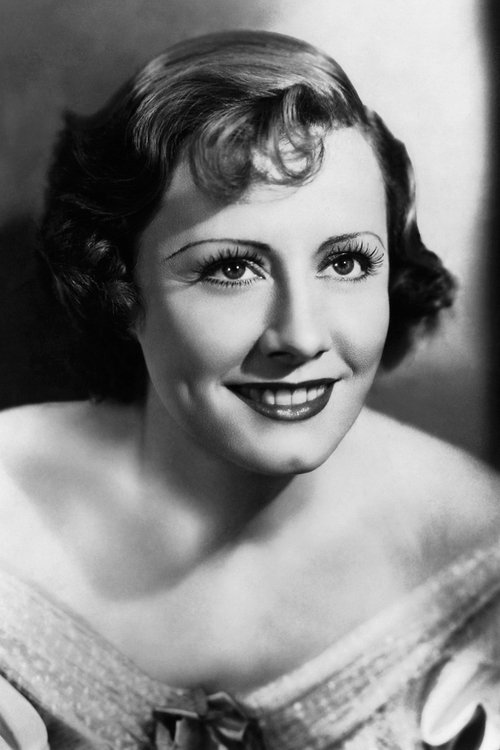
Irene Dunne
Biography
From Wikipedia, the free encyclopedia
Irene Dunne (born Irene Marie Dunn, December 20, 1898 – September 4, 1990) was an American film actress and singer of the 1930s, 1940s and early 1950s. Dunne was nominated five times for the Academy Award for Best Actress, for her performances in Cimarron (1931), Theodora Goes Wild (1936), The Awful Truth (1937), Love Affair (1939) and I Remember Mama (1948). In 1985, Dunne was given Kennedy Center Honors for her services to the arts. Dunne was discovered by Hollywood while starring with the road company of Show Boat in 1929. She signed a contract with RKO and appeared in her first movie, Leathernecking (1930), a film version of the musical Present Arms. Already in her thirties when she made her first film, she would be in competition with younger actresses for roles, and found it advantageous to evade questions that would reveal her age. Her publicists encouraged the belief that she was born in 1901 or 1904, and the former is the date engraved on her tombstone.
During the 1930s and 1940s, Dunne blossomed into a popular screen heroine in movies such as the original Back Street (1932) and the original Magnificent Obsession (1935) and re-created her role as Magnolia in Show Boat (1936), directed by James Whale. Love Affair (1939) is the first of three films she made opposite Charles Boyer. She starred, and sang "Smoke Gets in Your Eyes", in the Fred Astaire-Ginger Rogers film version of the musical Roberta (1935).
Dunne was apprehensive about attempting her first comedy role, as the title character in Theodora Goes Wild (1936), but discovered that she enjoyed it. She turned out to possess an aptitude for comedy, with a flair for combining the elegant and the madcap, a quality she displayed in such films as The Awful Truth (1937) and My Favorite Wife (1940), both co-starring Cary Grant. Other roles include Julie Gardiner Adams in Penny Serenade (1941), again with Grant, Anna and the King of Siam (1946) as Anna Leonowens, Lavinia Day in Life with Father (1947), and Marta Hanson in I Remember Mama (1948). In The Mudlark (1950), she was nearly unrecognizable under heavy makeup as Queen Victoria.
The comedy It Grows on Trees (1952) became Dunne's last screen performance, although she remained on the lookout for suitable film scripts for years afterwards. The following year, she was the opening act on the 1953 March of Dimes showcase in New York City. While in town, she made an appearance as the mystery guest on What's My Line? She also made television performances on Ford Theatre, General Electric Theater, and the Schlitz Playhouse of Stars, continuing to act until 1962.
In 1952–53, Dunne played newspaper editor Susan Armstrong in the radio program Bright Star. The syndicated 30-minute comedy-drama also starred Fred MacMurray.
Dunne commented in an interview that she had lacked the "terrifying ambition" of some other actresses and said, "I drifted into acting and drifted out. Acting is not everything. Living is."
Acting (53 movies)
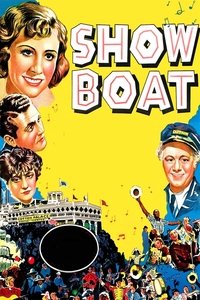
Show Boat
1936
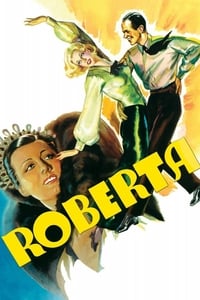
Roberta
1935
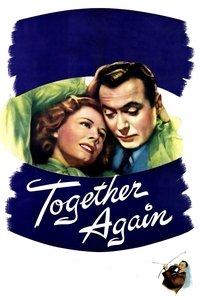
Together Again
1944
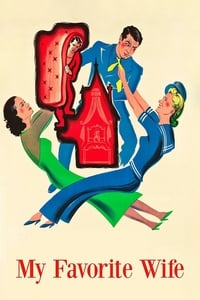
My Favorite Wife
1940
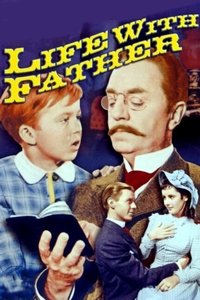
Life with Father
1947
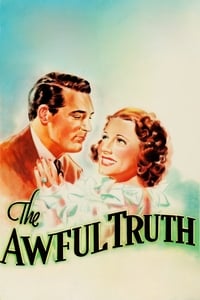
The Awful Truth
1937
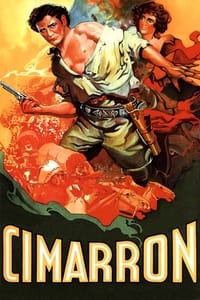
Cimarron
1931
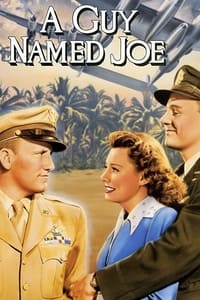
A Guy Named Joe
1943
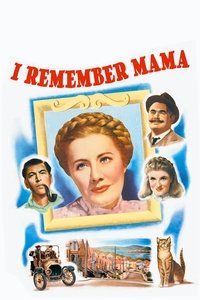
I Remember Mama
1948
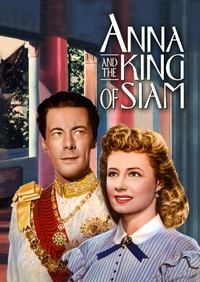
Anna and the King of Siam
1946

Penny Serenade
1941
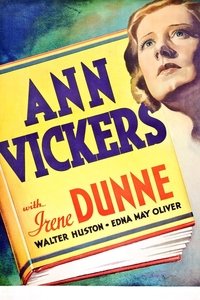
Ann Vickers
1933
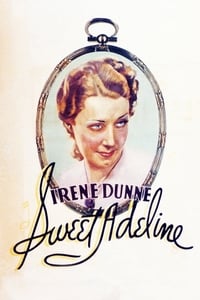
Sweet Adeline
1934
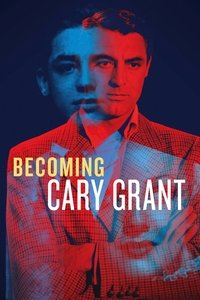
Becoming Cary Grant
2017
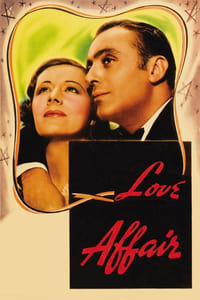
Love Affair
1939
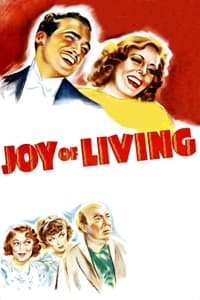
Joy of Living
1938
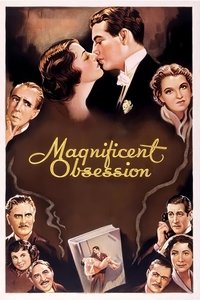
Magnificent Obsession
1935

Invitation to Happiness
1939
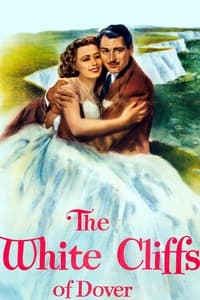
The White Cliffs of Dover
1944
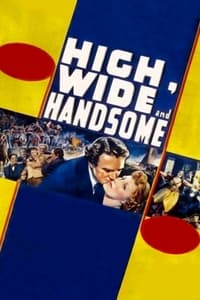
High, Wide and Handsome
1937
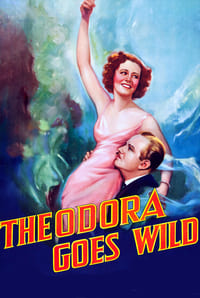
Theodora Goes Wild
1936
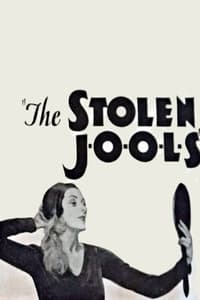
The Stolen Jools
1931
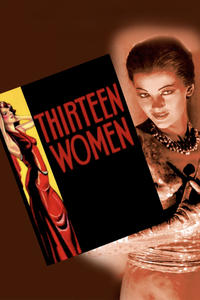
Thirteen Women
1932
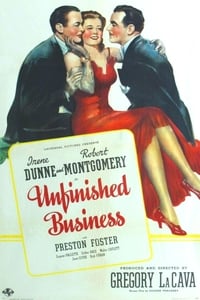
Unfinished Business
1941

The Secret of Madame Blanche
1933

Symphony of Six Million
1932

Bachelor Apartment
1931

Over 21
1945
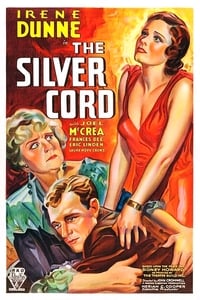
The Silver Cord
1933
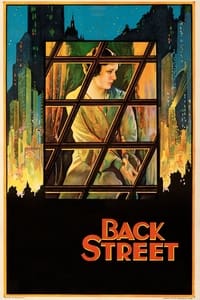
Back Street
1932
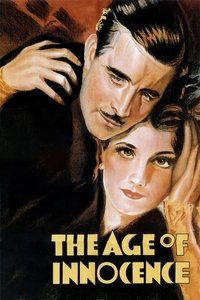
The Age of Innocence
1934
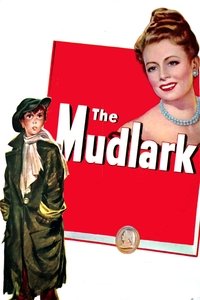
The Mudlark
1950
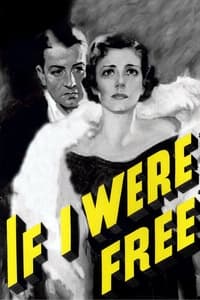
If I Were Free
1933
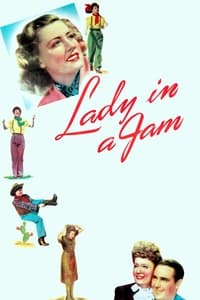
Lady in a Jam
1942
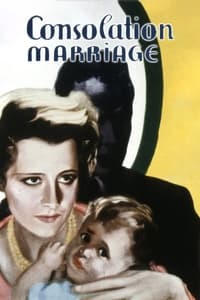
Consolation Marriage
1931
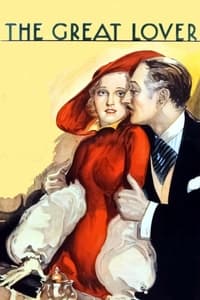
The Great Lover
1931
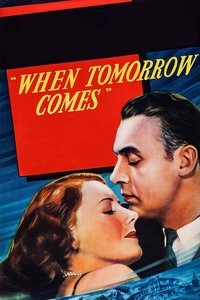
When Tomorrow Comes
1939

Stingaree
1934
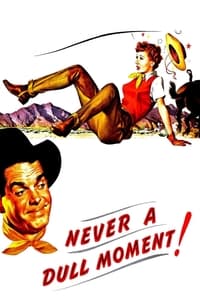
Never a Dull Moment
1950
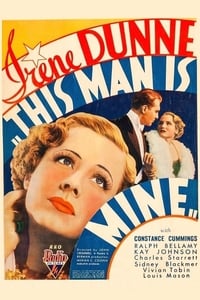
This Man Is Mine
1934
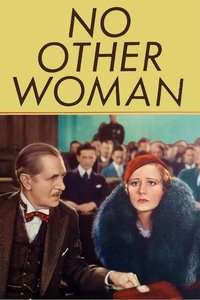
No Other Woman
1933
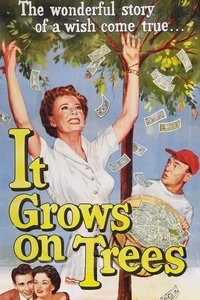
It Grows on Trees
1952
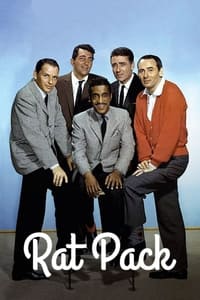
Rat Pack
2022

Cary Grant: A Celebration of a Leading Man
1988
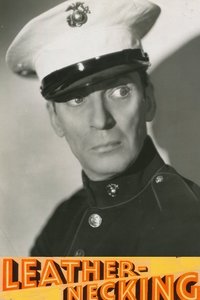
Leathernecking
1930

Things You Never See on the Screen
1935
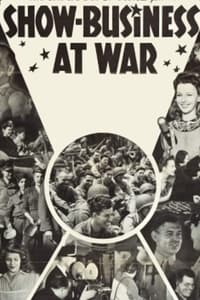
Show-Business at War
1943
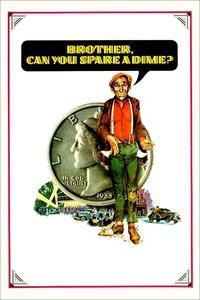
Brother, Can You Spare a Dime?
1975
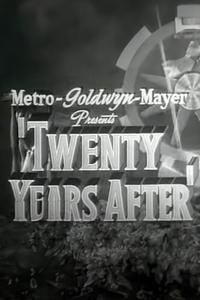
Twenty Years After
1944
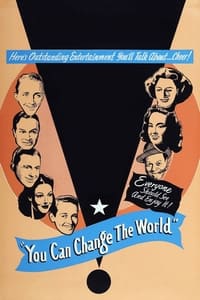
You Can Change The World
1950
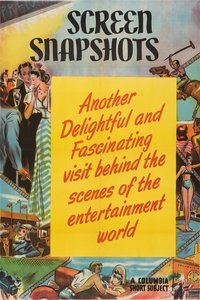
Screen Snapshots (Series 16, No. 1)
1936
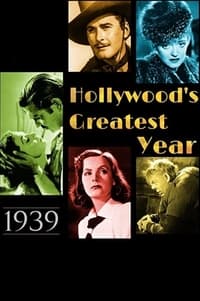
1939: Hollywood's Greatest Year
2009
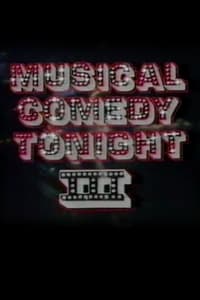
Musical Comedy Tonight III
1985
| Title | Year | Job |
|---|